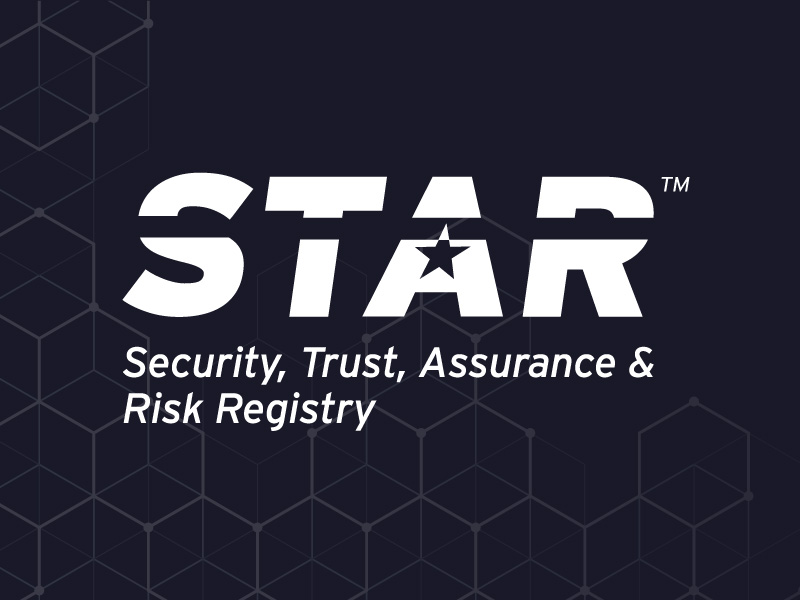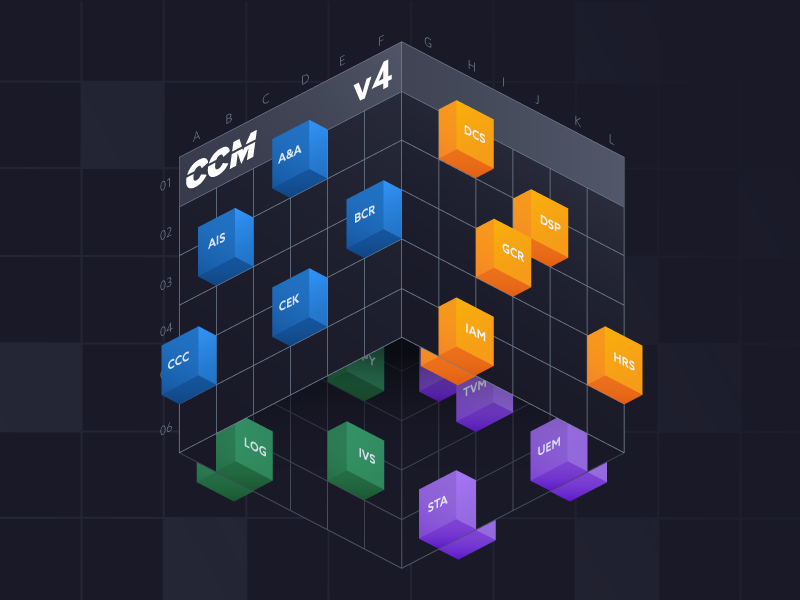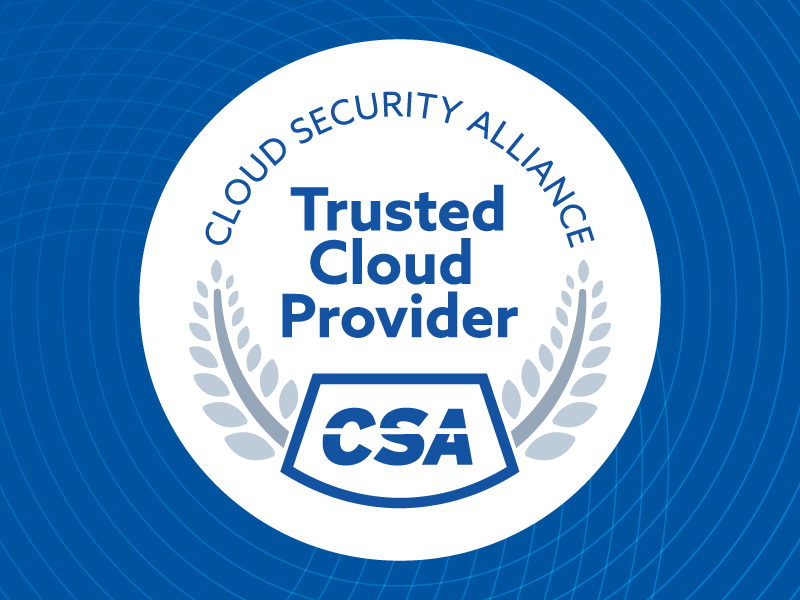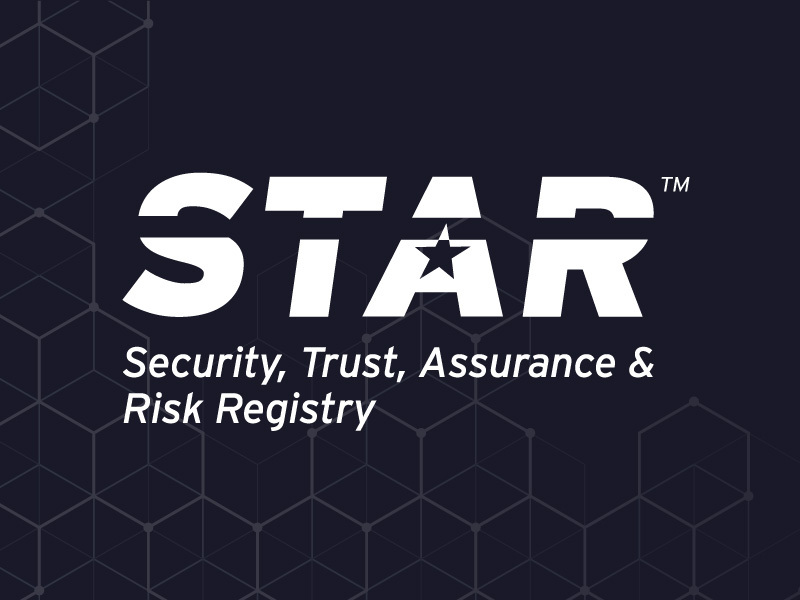10 Important Questions to Add to Your Security Questionnaire
Published 07/18/2024
Originally published by Vanta.
The technology your organization uses is integral to its success. When selecting vendors, security should be at the forefront of your decision. A strong vendor review process is crucial for selecting partners that align with your company's security goals, and security questionnaires are a key step in this process.
You’ll send these questionnaires to your prospective vendors with the aim of identifying potential risks and vulnerabilities and ensuring that they meet your organization’s security standards. While the number of questions can vary based on the vendor's risk level, we've identified 10 essential questions to include in your questionnaires to help you get started!
1. What security certifications and standards do you adhere to?
Why it matters: Compliance frameworks like ISO/IEC 27001, SOC 2, and GDPR show a vendor is in line with a common security standard. With these attestations or certifications, companies have a pathway to demonstrate compliance and operationalize around strong security postures.
2. How do you handle data encryption in transit and at rest?
Why it matters: Understanding how a vendor encrypts data, specifically when data is being sent and stored, helps ensure that an unauthorized party cannot access sensitive information via a potential breach. Partnering with vendors who take data encryption seriously is one of the best ways to protect your data.
3. Can you provide details on your incident response plan?
Why it matters: A well-formed incident response plan shows that a vendor is equipped to navigate security incidents and cybersecurity breaches effectively. The plan should include processes for incident detection, containment, remediation, and communication strategies for informing the affected parties.
While no company wants to experience a breach, companies with a good plan can address problems quickly and effectively. A thorough incident response plan demonstrates a proactive security posture, ensuring that companies are prepared if things go south.
4. How often do you conduct vulnerability assessments?
Why it matters: New vulnerabilities are discovered daily, and if exploited, they can pose significant risks to your company’s data. Regular vulnerability assessments are essential for identifying and addressing potential security weaknesses. The frequency and depth of these assessments will give you confidence in the vendor's approach to security.
5. What are your access control policies?
Why it matters: Access control policies dictate how a vendor manages user permissions, ensuring data access is restricted to authorized individuals only. Companies should also have established procedures for removing access when users leave the organization. These policies help protect sensitive information and reduce the risk of internal threats.
6. How do you ensure the security of third-party vendors and subcontractors?
Why it matters: Vendors often depend on third-party services, which can introduce additional security risks. It's important to understand how a potential vendor evaluates and manages the security practices of their subcontractors. Ensure your vendors assess their vendors with the same level of commitment to security that you do.
7. What are your policies regarding data retention and deletion?
Why it matters: Data retention and deletion policies affect how long your data is stored and when it is deleted. Clear guidelines should outline that data is not kept longer than necessary and is securely deleted when no longer needed, reducing the risk of unauthorized access.
8. How do you manage and secure endpoints and devices?
Why it matters: Common cyberattack targets include endpoints like laptops, smartphones, and tablets. Knowing exactly how a vendor tackles endpoint security measures like anti-virus, firewalls, and patch management can give you confidence in how they protect company assets.
9. Please provide an example of a past security incident that impacted customers and how it was resolved.
Why it matters: Past performance can be indicative of future behavior. Looking closely at how a vendor handled previous security incidents can reveal any problems in their breach response and show you whether they’re learning from their mistakes to improve.
10. What training and awareness programs are in place for your employees?
Why it matters: Employee training and awareness programs are essential for ensuring all staff members understand security protocols and can effectively recognize and respond to potential threats. Security should be at the top of employees' minds and a large part of the company’s culture.
Bonus tip: What do I do if a vendor’s responses to these questions are unsatisfactory?
If a vendor’s responses raise concerns for your organization, consider discussing these issues with the vendor directly to seek clarification or gather additional context. If satisfactory answers aren’t provided, it may be best to consider an alternative vendor.
The vendors you use directly reflect your organization's security posture, so ensure that any vendor you bring on aligns with your security goals and acts as an extension of your security program.
Unlock Cloud Security Insights
Subscribe to our newsletter for the latest expert trends and updates
Related Articles:
How CSA STAR Helps Cloud-First Organizations Tackle Modern Identity Security Risks
Published: 02/13/2026
The Great Divide: How AI Is Splitting the Cybersecurity Landscape
Published: 02/12/2026
Offboarding Under Pressure: How to Keep SaaS and AI Data Secure During Layoffs
Published: 02/10/2026









.jpeg)